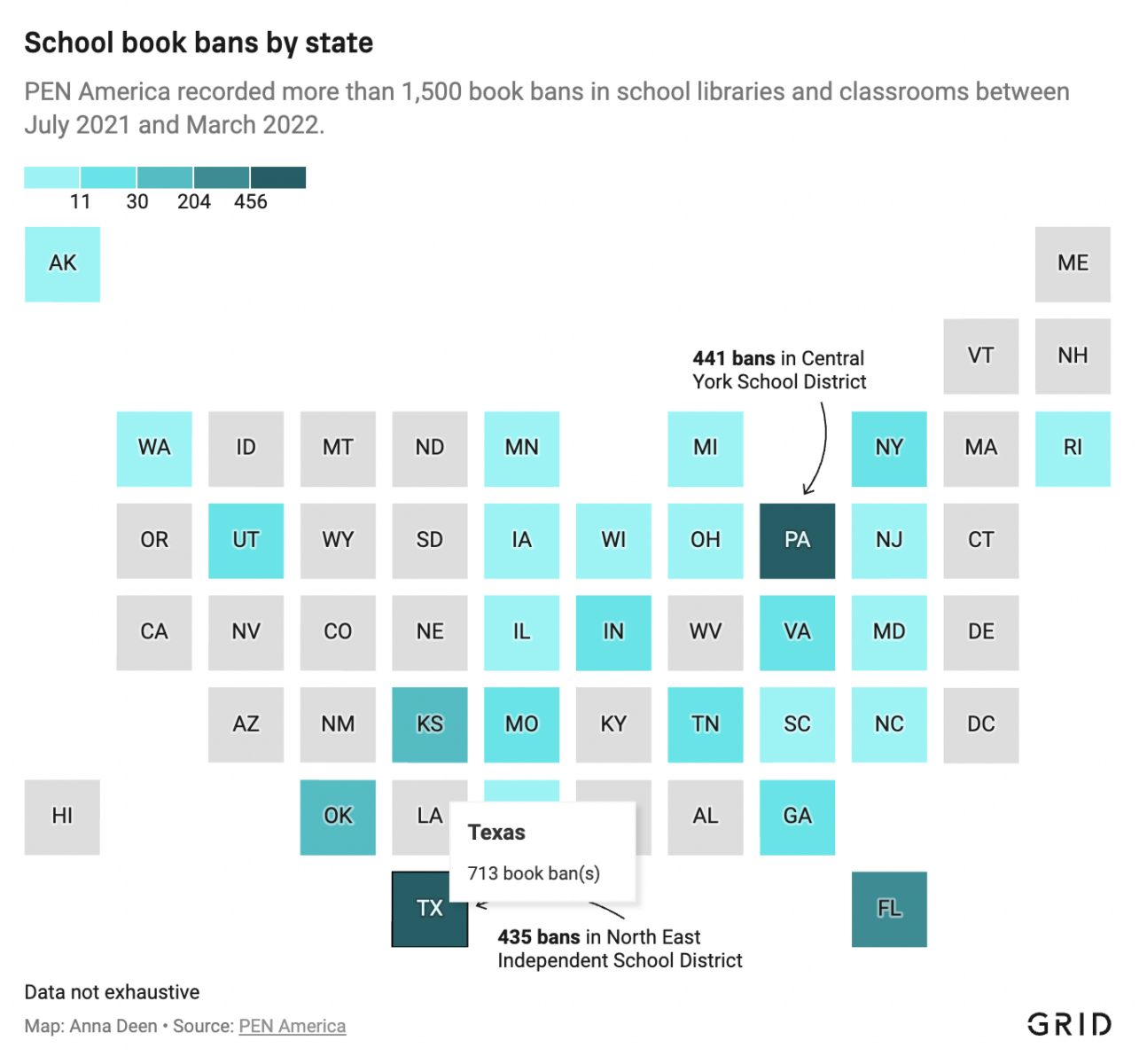Avert your eyes! My Sunday morning look at incompetency, corruption and policy failures:
• Here’s More Evidence That Private Equity Managers ‘Inflate’ Fund Values When Raising Money: Low-reputation managers wouldn’t be able to attract investors without manipulating their multiples and earnings, according to research from Harvard. (Institutional Investor)
• Nobel laureate Paul Krugman has slammed bitcoin as pointless, wasteful, and in large part a Ponzi scheme. Here are the economist’s 12 best quotes about crypto over the past decade. Paul Krugman has been a scathing critic of bitcoin and other cryptocurrencies for at least a decade. The Nobel Prize-winning economist has called them pointless, wasteful, and virtually worthless. Krugman has also dismissed crypto as mostly a tool for criminals, and in large part a Ponzi scheme. (BI)
• The Anti-ESG Crusader Who Wants to Pick a Fight With BlackRock: Vivek Ramaswamy, co-founder of Strive Asset Management, is a vocal critic of the hot Wall Street investing trend that Republicans such as Ron DeSantis say promotes a liberal agenda. (Businessweek)
• America’s Affordable Housing Problem: How America got to be so unaffordable, and what we can do to make it more affordable; an analysis of good-in-theory v. outcome based policies. (Our Built Environment)
• The U.S. diet is deadly. Here are 7 ideas to get Americans eating healthier: “We’re really in a nutrition crisis in this country.” There’s growing momentum to tackle this problem. The White House Conference on Hunger, Nutrition, and Health will announce a new national strategy. This comes more than 50 years after a landmark White House conference which helped launch today’s major federal food assistance programs. (NPR)
• Low vaccine booster rates are now a key factor in COVID-19 deaths: Racial disparities in booster rates persist. (The Conversation)
• ‘All of a sudden it’s undrinkable’: why an entire US city has no clean water. Jackson, Mississippi, lost access to safe running water after flooding – but it’s the capstone to years of problems with race a possible factor. (The Guardian)
• How the decline of local news exposes the public to lies and corruption: What’s important is their consequences. The effects of the spread of “news deserts” on social and political cohesiveness in America, and the vacuum it has left to be filled by fringe ideologues, political mountebanks and corporate PR departments — “misinformation engines,” in the words of Steve Waldman, co-founder of Report for America, an organization that places journalists in local newsrooms to report on local issues. (Los Angeles Times) see also ‘The US could lose the right to vote within months’: Top official warns on threat to democracy: Jena Griswold urges Americans to pay attention to crucial but often overlooked races for secretary of state. (The Guardian)
• How DeSantis manipulates the media DeSantis’ press strategy is to (1) make a splashy announcement with a simple, misleading narrative, (2) generate heaps of media coverage based on that misleading narrative that benefits him politically, (3) count on the media (and the public) to lose interest as the truth slowly trickles out. (Popular Information) see also
• Russia’s Conspiracy-Theory Factory Is Swaying a Brand New Audience: RT is banned in the US and Europe—but winning friends in the developing world. (Businessweek)
Be sure to check out our Masters in Business interview this weekend with Lynn Martin, President of the NYSE, which is part of the Intercontinental Exchange. NYSE is the world’s largest stock exchange, with 2,400 listed companies and a combined market cap of ~$36 trillion dollars. She began her career at IBM in its Global Services.
Book banning in U.S. schools has reached an all-time high: What this means, and how we got here

Source: Grid
Sign up for our reads-only mailing list here.
~~~
To learn how these reads are assembled each day, please see this.

